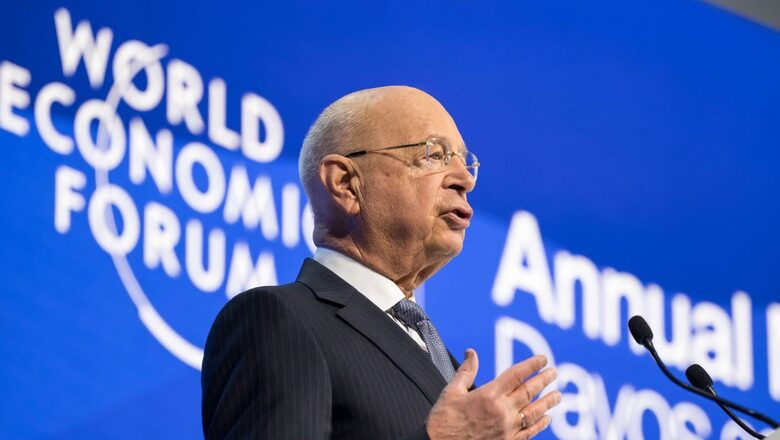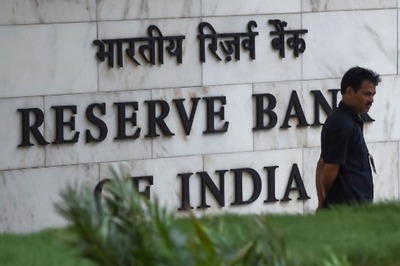
views
India has announced a significant milestone by establishing the ‘Alliance for global good- Gender equity and equality’ – an initiative unveiled during the country’s reception at the ongoing World Economic Forum’s annual meeting at Davos.
The initiative received a resounding endorsement from World Economic Forum (WEF) founder and chairman Klaus Schwab, who expressed full support for partnering with the alliance. The declaration places India as a global leader in the discourse on women’s empowerment, particularly in the context of third-world countries.
Schwab underscored India’s prominence at Davos, along with key topics such as climate, conflicts and artificial intelligence. He pledged strong support for the alliance, expressing gratitude for India’s robust delegation, particularly during an election year.
“We will not only support this alliance but will be a strong partner,” he said.
The global partnership for promoting women’s leadership is not just about improving nutrition or promoting digital inclusion but also about fundamentally transforming societies. India’s commitment to creating this partnership is a recognition that leadership is not confined to political offices but extends to local governance, self-help groups, and communities.
India’s success story in women-led development is evident in its flagship programmes – Mission Shakti, Saksham Anganwadi and POSHAN 2.0, National Rural Livelihoods Mission, Jan Dhan Yojana, MUDRA, Start-up India, Skill India. These have empowered women at different levels, including at the grassroots. Moreover, they also created a blueprint for other countries to follow.
The genesis of this alliance can be traced back to the G20 Leaders’ Declaration in New Delhi last year. Its focus on women-led development, under India’s presidency, was to shift the narrative from mere women’s development to placing women at the forefront of shaping economies and societies.
Union minister for women and child development Smriti Irani commended the WEF for its support to India and highlighted Prime Minister Narendra Modi’s governance agenda, stressing on the pivotal role that women play in fostering good governance. Union minister Hardeep Singh Puri also stressed on India’s enduring connection with the WEF and noted the country’s transition from women-centric development to women-led development.
By making this announcement at WEF, India not only showcases its leadership within its borders but also on the global stage. The institutional backing to the alliance from the Bill and Melinda Gates Foundation, partnership with the WEF, and collaboration with Invest India adds an international dimension to the initiative. It symbolises India’s call for a united front in globally addressing gender-related challenges.
The alliance has got support from industry leaders across the world. The CII Centre for Women Leadership will serve as the anchor for this transformative initiative, which strategically aligns with key sustainable development goals (SDGs) underlining India’s commitment to a comprehensive approach – from fostering good health and quality education to empowering women, and promoting global partnership for development.
In order to truly empower women, enabling their role in leadership and decision-making at all levels of society is crucial. Studies have found that exposure to public and political representation increases women’s overall labour force participation, the share of public employment opportunities, and access to public amenities. Women’s participation in decision-making processes correlates with lower levels of violence, contributing to a culture of non-violence and conflict prevention.




















Comments
0 comment